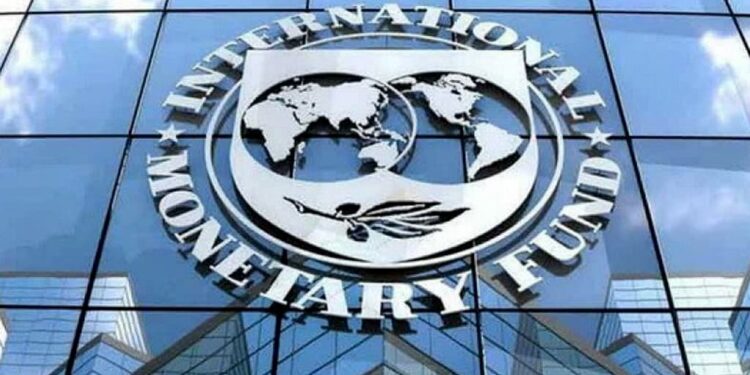The International Monetary Fund (IMF) has warned that Nigeria’s economy is likely to experience a gradual decline due to security issues in the country’s oil sector. The IMF’s World Economic Outlook Update, released on July 25, projected a 3.2% growth in 2023 and a 3% growth in 2024 for Nigeria, reflecting security concerns in the oil industry.
The report also noted that crude oil prices, which rose by 39% in 2022, are expected to fall by about 21% in 2023 due to the slowdown in global economic activity, which will impact resource-dependent economies like Nigeria. As a result, the IMF stressed the need to phase out untargeted fiscal measures, including energy subsidies, which have become unsustainable as energy prices return to pre-pandemic levels.
In addition to Nigeria, the IMF highlighted issues faced by other developing economies, such as rising inflation and a slowdown in industrial activity. It noted that gross fixed capital formation and industrial production have slowed or contracted in major advanced economies, affecting international trade and manufacturing in emerging markets.
Debt servicing is another concern raised by the IMF, as many emerging market economies and low-income countries face challenges in servicing their debt. The report called for faster and more efficient coordination on debt resolution, especially through initiatives like the G20 Common Framework and the Global Sovereign Debt Roundtable, to avoid the risk of debt crises spreading.
Furthermore, the IMF advocated for greater investment in clean energy alternatives to meet countries’ decarbonization goals. It emphasized the need for multilateral cooperation to accelerate the green transition, address climate change, and regulate emerging technologies like artificial intelligence.
The IMF’s recommendations for central banks include focusing on restoring price stability, strengthening financial supervision and risk monitoring, and building fiscal buffers with targeted support for vulnerable populations.

































